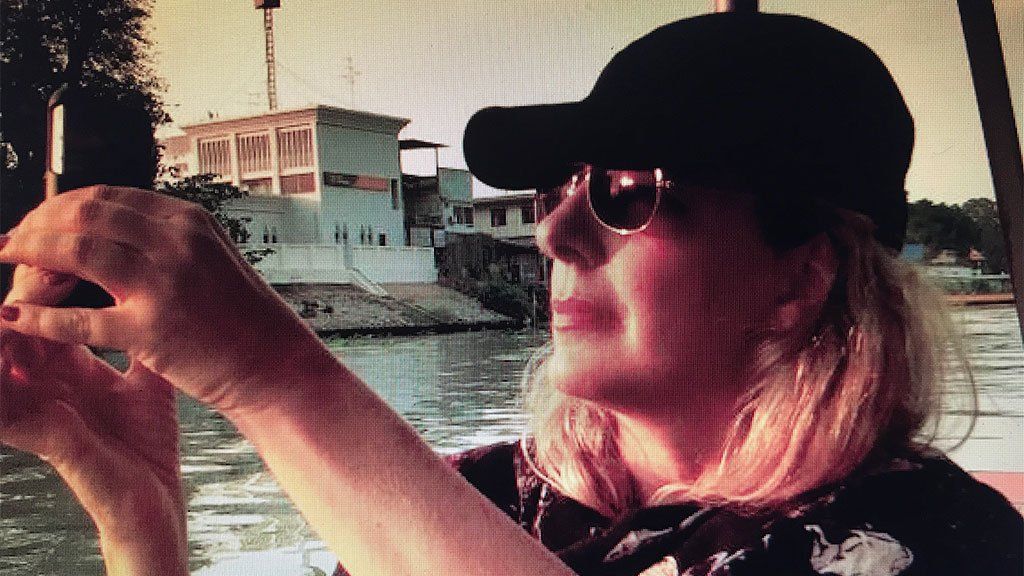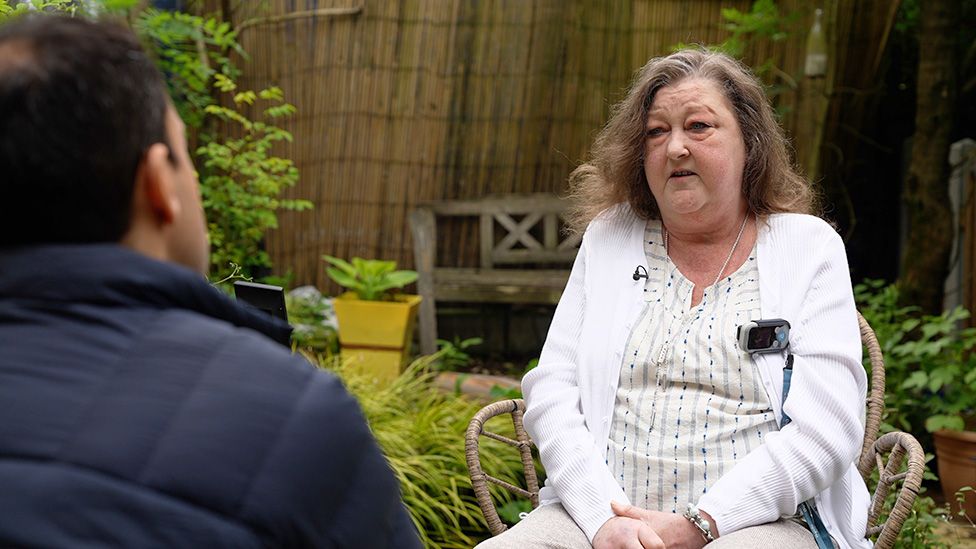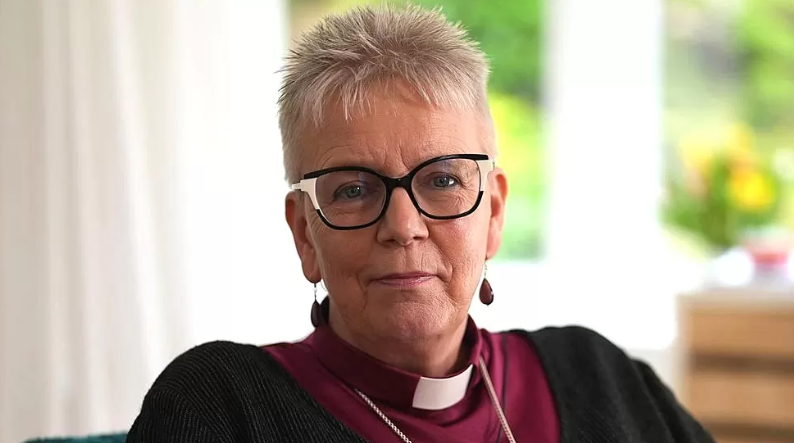A support scheme set up for Church of England abuse survivors risks re-traumatising victims, a report seen by the BBC has concluded.
One man’s dealings with the scheme left him suicidal, says the report by the Church’s Independent Safeguarding Board (ISB).
Other survivors told the BBC they have been treated with contempt.
The Church’s lead on abuse engagement has apologised to victims who have had a “poor experience”.
The Bishop of Birkenhead, Julie Conalty says “others have had positive experiences”.
The Interim Support Scheme (ISS) was set up in 2020 in response to a landmark inquiry into child abuse within the Church of England, which concluded that compensation should be paid to victims and survivors.
A full compensation scheme is yet to be created, but the ISS is designed to support victims of abuse in the meantime, who are in urgent need of financial help.
To use the ISS, a person must provide evidence that they are a survivor of Church abuse and in need of financial help. But some victims have told the BBC they have found it difficult, because they don’t want to have to re-engage with the Church.
The Bishop of Birkenhead has told the BBC that the Church is “trying to get it right”.
“It’s hard to hear the criticisms… Undoubtedly, we don’t always hear well,” she said.
The Church says it has paid out £1.4m to 68 survivors.
When contacted by the BBC it said it did not want to comment specifically on the ISB report or the cases of any individuals accessing the scheme.
In its report, the safeguarding board looked at the experience of one individual – referred to as “Mr X” – who become suicidal as a result of the way his requests for support were handled by the scheme.
Mr X was abused as a child by individuals in the Church of England and this led to “substantial health and financial impacts”, the report says.
It said the support scheme appeared to have been “set up in haste, underthought and under-resourced”.
The Church “failed to grasp that a longer term, co-ordinated, intervention was required to help Mr X get back on his feet.”
The authors warn of a lack of “effective central grip or oversight” and that if survivors’ needs were not properly managed it could result in “repeated re-traumatisation”.

Trying to get help from the scheme has taken its toll on other victims the BBC has spoken to.
“It’s regular engagement. It’s hundreds and hundreds of hours of work and time and effort,” says Sophie Whiting, 55, who was abused by a member of the clergy as a child.
She says after a year of financial support, her payments were stopped with no explanation and there isn’t a person she can contact for help.
“All I was met with was closed doors and passed from pillar to post,” says Ms Whiting.
“I’ve written to numerous people within the Church of England to protest, because they had agreed that I was in financial need, and because I am now in greater financial need.
“I’m sick of having these kinds of conversations, and all this drama and trauma and upset and having my friends and family knowing about it.”

Teresa Cooper, 55, was sent a letter by a church administrator which threatened her with possible legal action in December last year, after she had posted about her bad experiences of the scheme on social media.
“I ended up in hospital about three weeks later, I was so distressed,” she says.
She says it takes a long time to get support from the scheme and some payments have been revoked with no explanation.
Her applications for help with an electric wheelchair were rejected, along with one to cover a carer’s allowance.
Ms Cooper was abused in a Church of England-run residential home in Gravesend, Kent. Medical reviews have found that her health has been permanently damaged by drugs she was given there.
“This medical condition was forced on me through no fault of my own. The least they could have done was look after me,” Ms Cooper says. “They are supposed to be Christians, they are supposed to be caring.”
The Church recently apologised for having criticised abuse survivors for “horrific abuse and bullying” towards Church staff.
Bishop Conalty has told the BBC it was a misjudgement that had served as a distraction from the “main issue”.
“I think survivors understandably felt that through the comments that were made that the blame was being placed on them.”
Bishop Conalty said she was unable to comment on individual cases. She admitted to the difficulties of survivors having to prove to the Church that they need help, but said it could not be avoided.
“As a scheme that’s set up in order to meet need, there has to be some evidence of the need, and some evidence of how the money is spent,” she says.
The survivors the BBC have spoken to have said they are desperate to have their final compensation claims settled, so they no longer have to deal with the Church of England.



